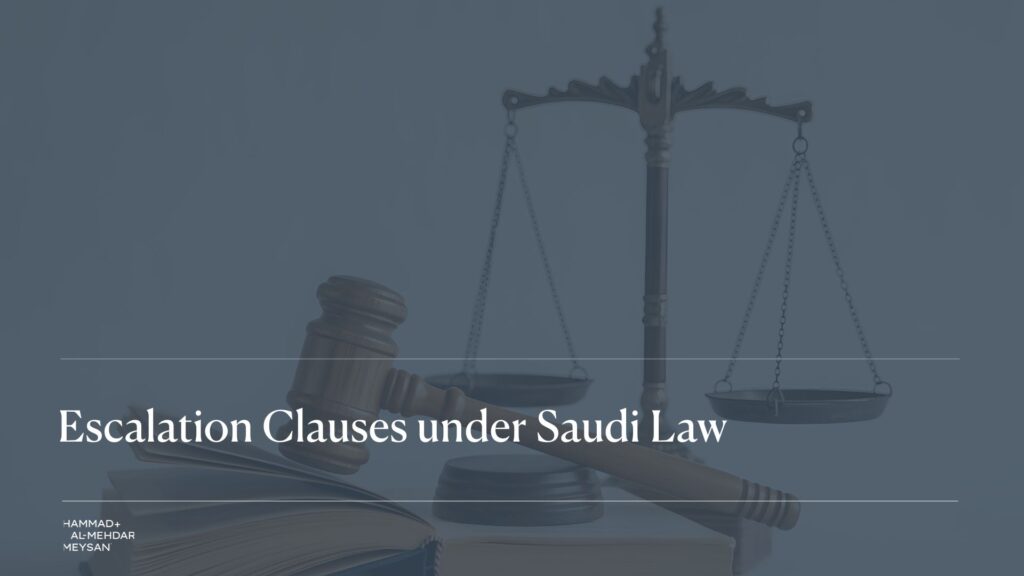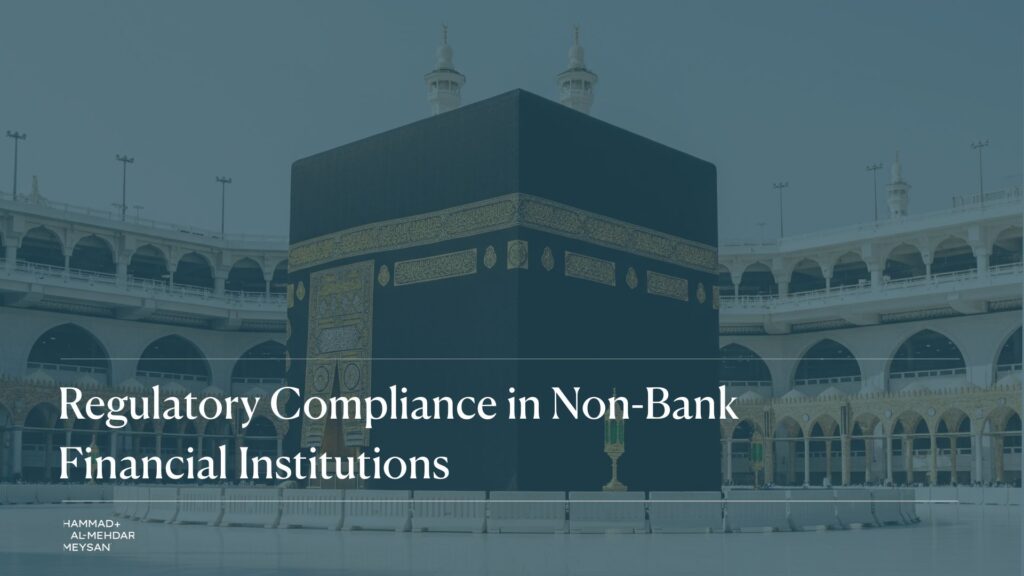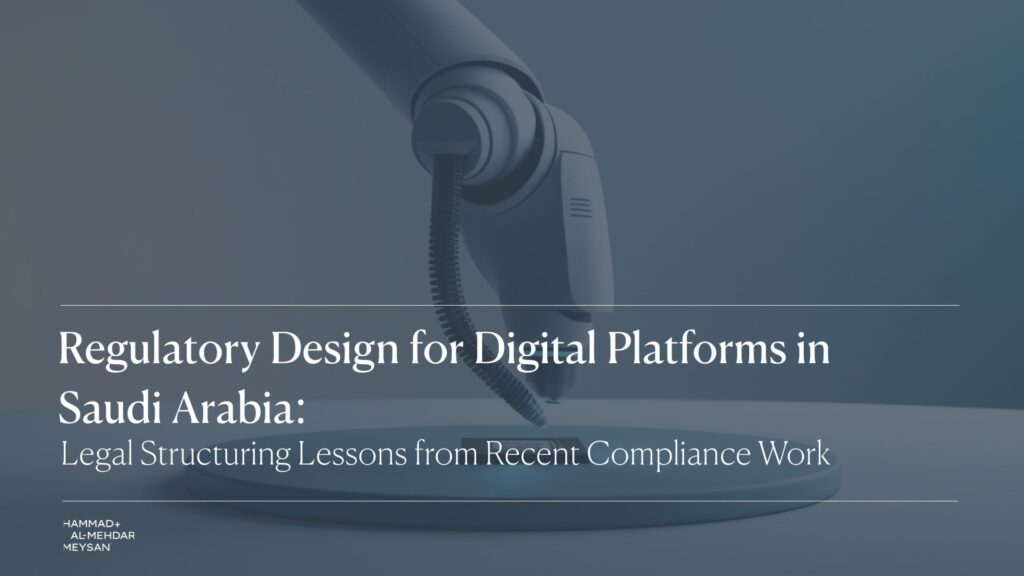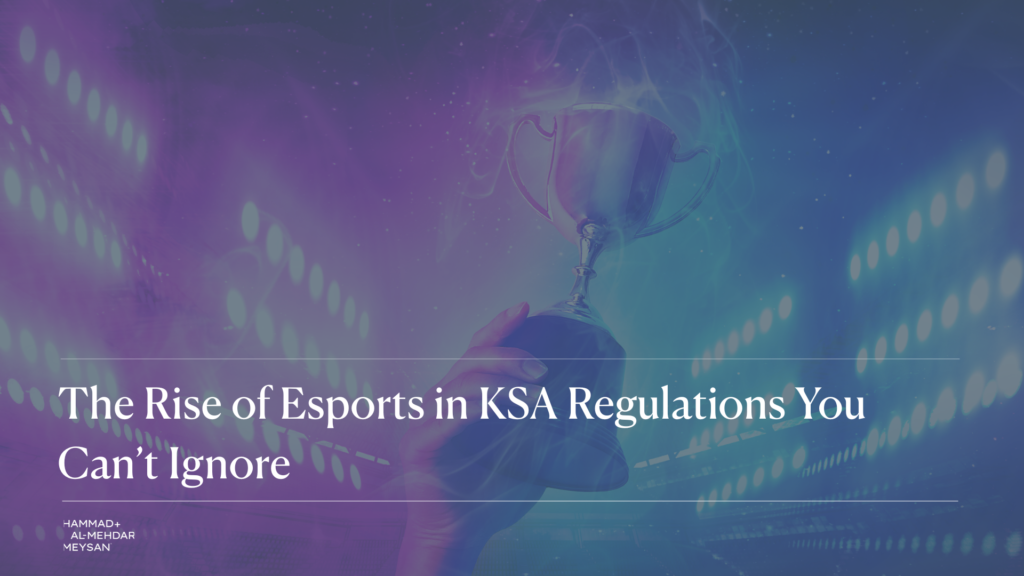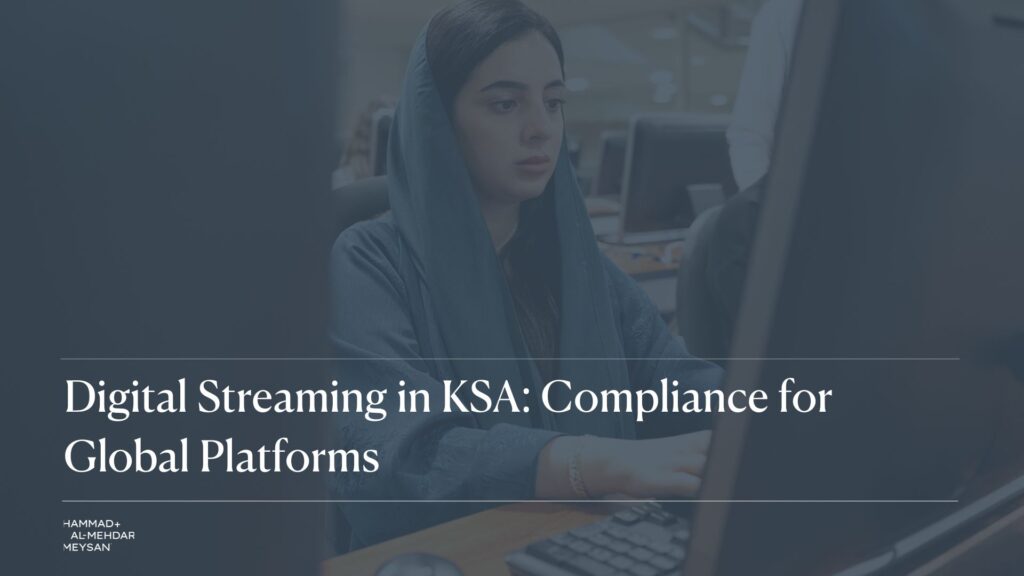
Digital streaming has become a central component of global media consumption, with international platforms delivering on-demand video, audio, and interactive content to millions of users. In the Kingdom of Saudi Arabia, this trend has been accompanied by significant changes to the legal and regulatory framework governing digital streaming services.
As the country strengthens its digital economy and aligns its media regulations with broader national development goals, both local and international streaming platforms must navigate a complex compliance landscape to operate effectively and lawfully within the Kingdom.
At the forefront of regulatory change is the Regulations for Providing Digital Content Platform Services, issued by the Communications, Space and Technology Commission (CST). These regulations came into force on 1 January 2024 and define the legal obligations for a wide range of digital content platforms, including streaming services that deliver video and audio over the internet. The regulations apply to both local and foreign operators that provide services to users in Saudi Arabia and require such service providers to obtain a licence, register, or submit a notification, depending on the nature and scale of their operations. Failure to comply with these requirements may result in enforcement action by the CST.
Under the CST’s digital content platform regulations, operators of satellite pay television and Internet Protocol Television (IPTV) services must obtain a licence to offer these services within Saudi Arabia. Licences are typically valid for ten years and are subject to application and annual fees. For over‑the‑top video (OTT) platforms, audio‑on‑demand services and internet radio platforms with a significant user base in the Kingdom, registration with the CST is required instead of a full licence. Smaller platforms and certain categories of services may be subject to a simpler notification requirement, where the provider submits key corporate and operational information to the regulator. Across all categories, the appointment of a Platform Liaison Officer (PLO) is mandatory, serving as the primary point of contact between the platform and the CST.
These regulatory obligations are designed to ensure transparency, accountability and quality of service in the digital content sector. By requiring formal registration and licensing, the framework encourages providers to establish clear operational structures, maintain audited financial records and sustain ongoing communication with regulators. For global streaming platforms, this often involves determining whether an existing user base in Saudi Arabia exceeds thresholds that trigger regulatory requirements and, if so, whether to establish a local commercial presence or comply from abroad under the applicable registration regime.
In addition to licensing and registration duties, digital streaming platforms must ensure compliance with broader content rules enforced under the Audiovisual Media Law (2018) and related content regulation guidelines. These regulatory instruments require that media content, including that delivered through digital streaming services, respect Saudi cultural and social norms and comply with Shari’ah principles. Prohibited content includes material that is offensive to public morals, promotes illegal activity, or undermines public order. The General Authority for Media Regulation (GAMR) oversees these standards, and providers must ensure that their content moderation practices align with the Kingdom’s regulatory expectations.
Data protection and consumer rights are additional compliance considerations for streaming platforms. Although Saudi Arabia’s Personal Data Protection Law (PDPL) primarily focuses on the handling of personal data by commercial entities, streaming services that collect, process, or store user data within the Kingdom must adhere to the law’s provisions on data privacy, consent, and security. Platforms operating in multiple jurisdictions must carefully design cross‑border data-transfer mechanisms and user-consent frameworks to reconcile global operational practices with domestic legal expectations.
Operational compliance also extends to advertising and content moderation. Streaming services that incorporate advertising must ensure that advertising content complies with national standards and does not violate cultural norms or consumer protection rules. Content moderation policies should address issues such as inaccurate information, harmful material, and age‑restricted content, and include mechanisms to remove or block prohibited material when identified by users or regulators.
As Saudi Arabia continues to refine its regulatory regime for digital media, platforms must remain vigilant to legislative changes and evolving enforcement practices. For example, consultations on a new consolidated Media Law have included proposals for expanded content moderation and licensing obligations that could further affect digital streaming operations. Staying abreast of these developments and proactively engaging with regulatory authorities can help global platforms manage compliance risks and secure sustainable access to one of the Middle East’s fastest‑growing digital media markets.
Digital streaming platforms operating in the Kingdom of Saudi Arabia face a multifaceted compliance landscape. This encompasses licensing and registration under the CST’s digital content platform regulations, adherence to cultural and content standards enforced by the GAMR, data protection obligations under the PDPL and advertising and moderation requirements aligned with national values. Understanding and fulfilling these legal obligations is critical for global platforms seeking to serve Saudi audiences lawfully and effectively in a dynamic regulatory environment.


